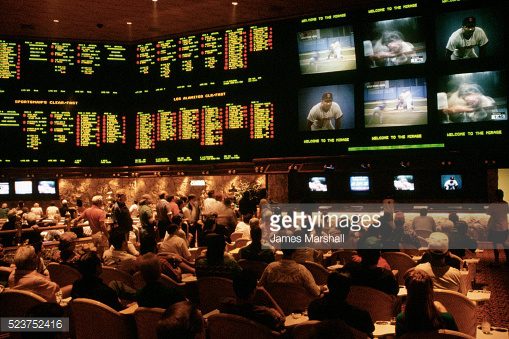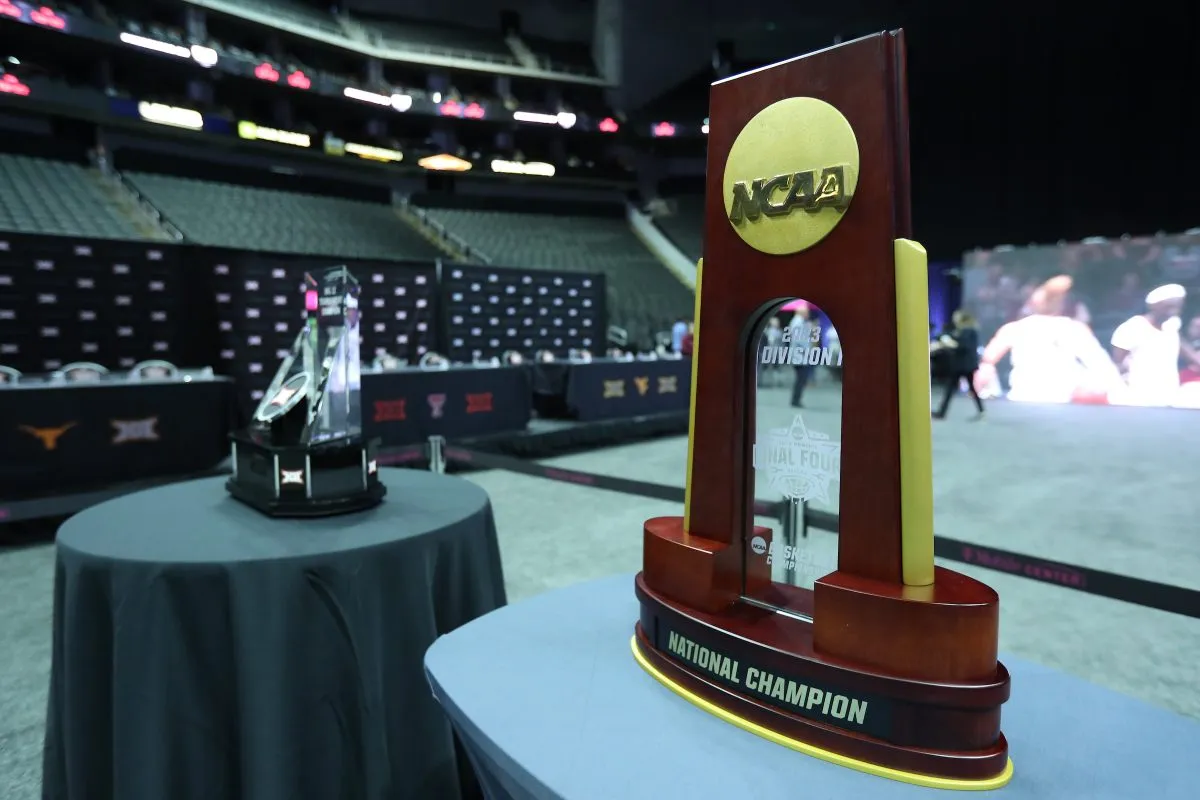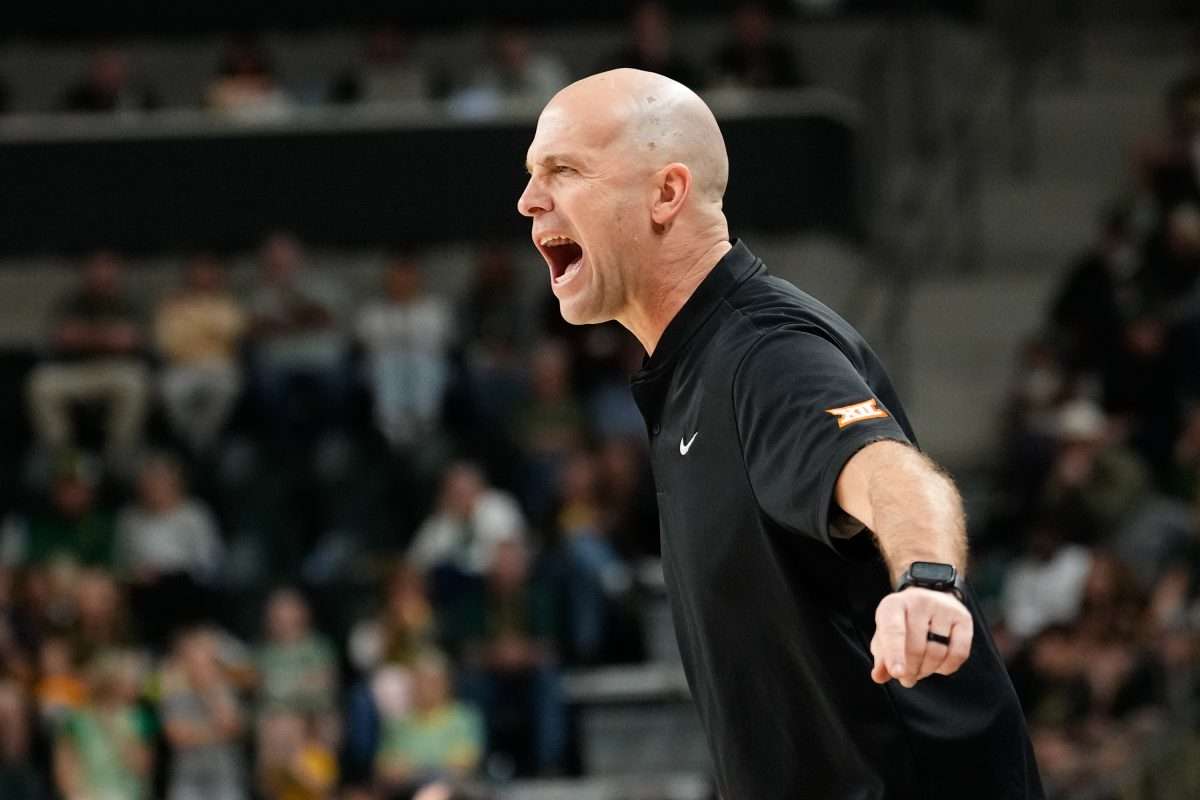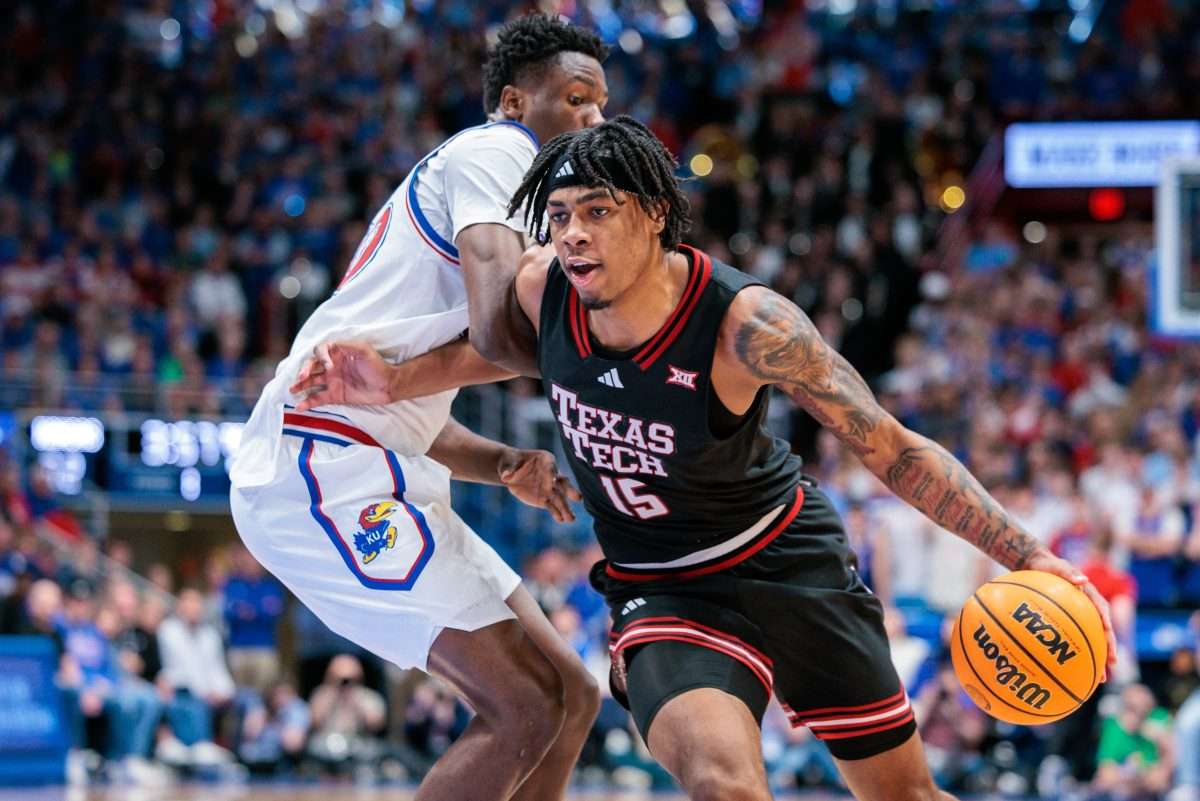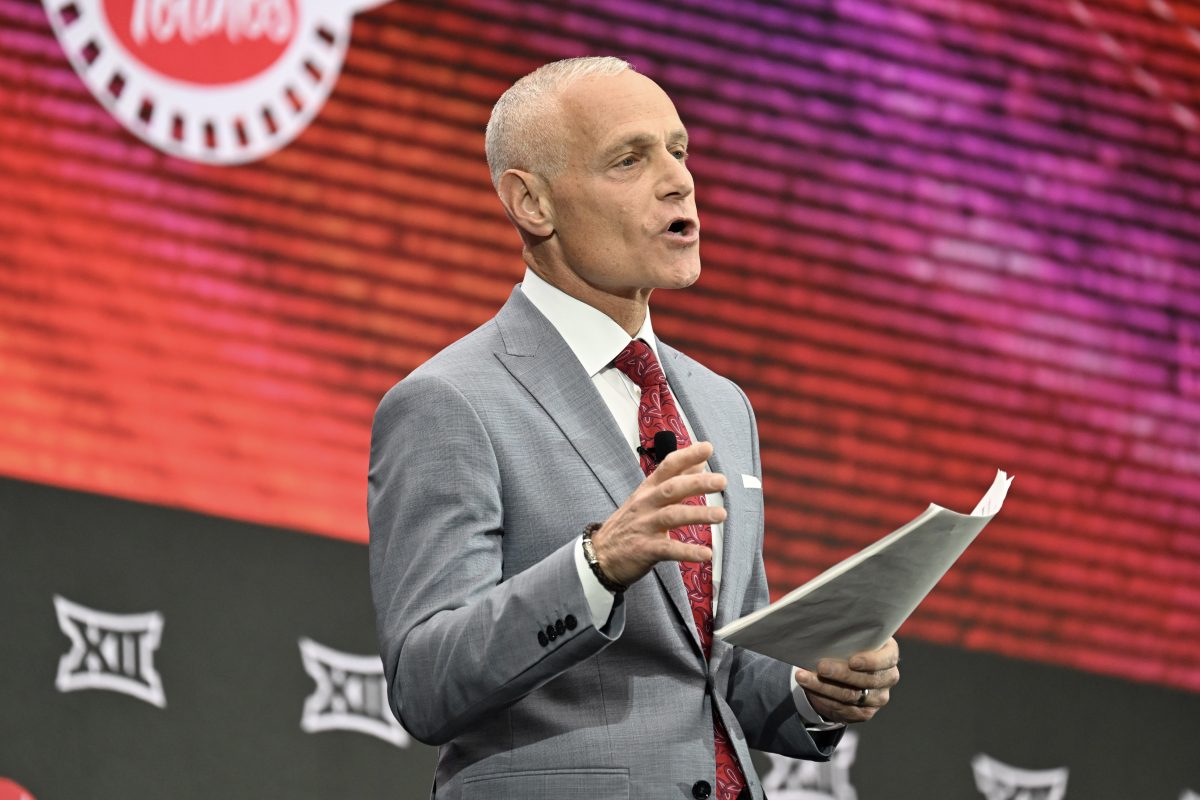With sports betting legal and casinos having a major influence, the scene of collegiate athletics has changed dramatically in recent years. For colleges, this flood of gambling-related money has created new opportunities for sponsorships and income production. Yet, it also begs ethical questions regarding possible hazards. Examining both the advantages and the negatives, this paper investigates the many effects of new social casinos on collegiate athletics.
The Rise of Casino Sponsorships in College Sports
The Professional and Amateur Sports Protection Act (PASPA), which was abolished in 2018, has resulted in legalized sports betting, which now exists throughout the United States. With casinos and sportsbooks fighting for alliances with collegiate teams and athletic departments, this historic ruling set off a tsunami of sports sector investment. Reaching a youthful, interested audience has attracted these betting firms to college athletics as a main aim.
Types of Casino Sponsorships
Casino sponsorships in college sports manifest in various forms:
- Official partnerships. Gaining naming rights to stadiums, arenas, or practice facilities, casinos can also become “official partners” of athletic departments, displaying their logos and branding conspicuously during games and on team goods;
- Advertising deals. Casinos buy advertising space on university websites and social media, radio broadcasts, and televised sports. Many times, these commercials appeal to the profitable 18–24 age group;
- Promotional events. Special activities sponsored by casinos, such as pre-game tailgates or halftime presentations, may help to further improve their brand connection with the institution;
- Affiliate marketing. Under some agreements, the university promotes the casino to its alumni and students, often via special links or promotional codes, a process known as affiliate marketing. Based on the number of people who register or gamble via these outlets, this can bring money to the university.
The Appeal of Casino Sponsorships for Universities
University sponsorships from casinos appeal mostly because of their major strategic and financial advantages. A sizable income source from casino relationships can be used to support athletic programs, pay scholarships, and improve university buildings. Smaller universities that fight to compete with bigger universities especially benefit from this financial increase.
College sponsors improve a university’s brand awareness, going beyond just financial support. Working with well-known casinos can assist the university in drawing more interest and possible students by increasing visibility on regional and national levels. The financial flood also lets colleges upgrade athletic facilities, enhancing the experience for players and supporters. More money also helps universities attract elite coaches and athletes, thus enhancing their sports programs and general standing.
The Potential Risks and Ethical Concerns
Even while college sponsorship helps colleges financially, it is impossible to ignore the possible hazards and moral issues they raise. Promoting gaming among students, many of whom are young and impressionable, is one of the main issues. Universities may unintentionally promote gambling habits by hanging around casinos, therefore raising students’ risk of addiction and financial trouble.
Concerns about Problem Gambling
The possibility of rising problem gambling among college students ranks highest among issues of urgency. Studies have shown that college students are already a susceptible group to gambling addiction. So, the continual exposure to gambling advertising and incentives via casino sponsorships can aggravate this issue.
- Accessibility
For students battling with or at risk of developing gambling issues, the ease of access to online gaming platforms and the acceptance of gambling via university partnerships may create a hazardous atmosphere.
- Targeted marketing
For college students especially, the sophisticated marketing strategies used by casinos, often aimed toward young people with appealing promos and offers, can be very convincing.
- Financial strain
Addiction to gambling may cause students major financial difficulties that affect their general well-being and academic performance.
Ethical Considerations for Universities
Universities have an obligation to safeguard their students’ welfare. Accepting casino sponsorships begs moral considerations about whether they are putting financial profit before student safety.
- Conflicting interests. Universities working with casinos run a possible conflict of interest as they might be encouraged to support gaming instead of tackling the possible negative effects it;
- Social responsibility. Universities have a societal obligation to encourage responsible conduct among their students. Thus, working with casinos might convey a conflicting message about the hazards of gambling;
- Reputational risk. If there are instances of problem gambling among its students, universities that get too linked with the gaming sector might suffer in reputation.
Impact on the Integrity of College Sports
The strong association between casinos and collegiate athletics also begs questions about the integrity of the games itself.
- Point shaving and match-fixing. Although uncommon, point shaving or match rigging is possible, especially in sports with less prominence, where players can be more prone to bribes.
- Increased scrutiny. With questions about the impact of gambling on game results and player performance, the existence of casino sponsorships might intensify criticism of collegiate sports.
Navigating the Complex Landscape
The link between colleges and casinos is complicated and needs serious thought. Universities have to balance the possible financial rewards against the possible hazards to their athletes and the credibility of their sports departments.
Implementing Responsible Gambling Measures
Universities that decide to accept casino sponsorships must first apply responsible gambling policies to guarantee that they minimize any risks and maintain their dedication to the welfare of students. Offering thorough awareness campaigns and education initiatives that let students know about the dangers of problem gambling is one very vital action. These projects should have easily available tools and support systems to assist anybody who may be experiencing difficulties.
Another good protection is working with casinos to create self-exclusion programs, which let users freely exclude themselves from gaming platforms should they feel in danger. Universities should also be aware of the existence of gambling-related advertising on campus and during athletic events, given limitations to reduce exposure and stop the acceptance of gambling among their students. Universities may balance earning from a college sponsorship program with creating a responsible, encouraging atmosphere for their students by acting early on these preventative steps.
Transparency and Accountability
Management of the interaction between casinos and collegiate athletics depends on openness and responsibility.
- Disclosure of sponsorship details
- Universities should make public the specifics of their sponsorship deals with casinos, including the money acquired and any related restrictions.
- Oversight and monitoring
- To guarantee responsible implementation of their casino sponsorships, universities should set systems for monitoring and control of them.
Providing necessary financial assistance to colleges and posing ethical and legal questions, casinos have grown to be major participants in the scene of college sports sponsorship. Universities and regulating authorities have to find a balance between optimizing income and guaranteeing the integrity and welfare of student-athletes while sports betting keeps expanding. Careful control, responsible gaming programs, and other income sources will determine the course of casino sponsorships in college athletics.

